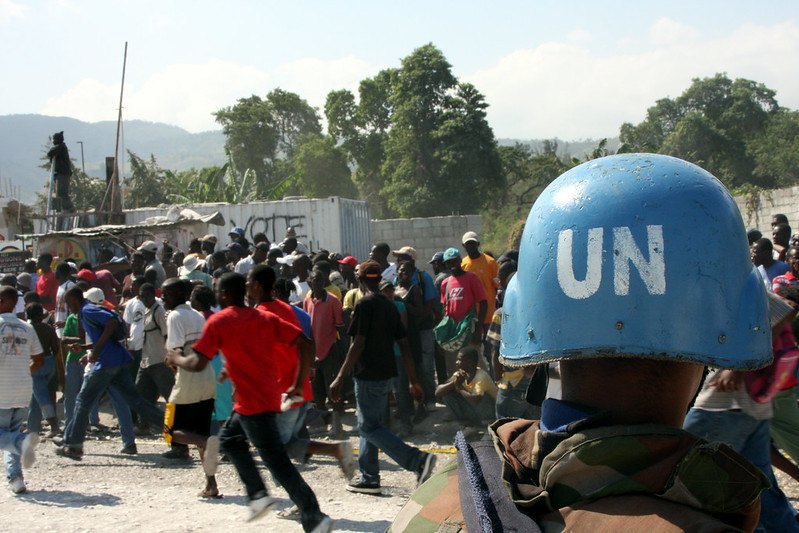Benjamin Kleinerman on the Administration's Silence
Benjamin Kleinerman, author of The Discretionary President: The Promise and Peril of Executive Power (a truly excellent book, by the way, about which I have been meaning to post thoughts), wrote in over the weekend to take issue with my post wondering about the absence of Harold Koh from the debate about the legality of the Bin Laden operation. Kleinerman writes:
I think I disagree with your post.
Benjamin Kleinerman, author of The Discretionary President: The Promise and Peril of Executive Power (a truly excellent book, by the way, about which I have been meaning to post thoughts), wrote in over the weekend to take issue with my post wondering about the absence of Harold Koh from the debate about the legality of the Bin Laden operation. Kleinerman writes:
I think I disagree with your post. As you detail at the beginning of your Law and the Long War book in the example of Rudolph Hoess, there are certain things that must be done for which we do not necessarily have strict legal authority. Perhaps this is one of those cases. In these cases, the administration could act like the Bush administration did and pervert the law so as to create the legal authority. Even if there is some version of international law--that would not be a perversion of the law--which justifies the killing, perhaps the Obama administration isn't comfortable with that version of international law. Or, it could assert that it went outside the law--the 19th century extra-legal model. But I think that model, for all that some (including myself) have done to defend it, is not politically viable, or at least not perceived as such. Given all of this, isn't it better to just "let the debate happen elsewhere?" Isn't it better to rest one's authority on the obvious and singular "badness" of Osama?There are operations I could imagine for which this would be, in my judgment, the right response. But I don't think this is one of them. As far as I am concerned, the legality of this operation is not subtle and not really arguable--under either domestic or international law. It's not a close call. Ironically, when the State Department legal adviser is AWOL in its defense and when the State Department spokesman mumbles something incoherent about this being an issue for debate elsewhere, it creates an impression of legal uncertainty that I can't imagine really exists internally. I come back to the way Ken Anderson said it:
It isThis is not an extravagant legal theory or a contortion of the law. And there is no reason for anyone in the Obama administration to have any anxiety about saying it this bluntly.
- okay to enter a country that is “unable or unwilling” [to deal with a threat],
- okay to use lethal force,
- okay to attack without warning,
- okay to attack an unarmed, unthreatening, but still lawful target,
- okay to attack without inviting surrender,
- okay to press the attack with lethal force and without pause, the exception being if the target were to succeed in completing the act of surrender--which, in this case, is likely to be never, because there will not be enough time, and
- okay not to give the target time to make an attempt at surrender, even if inclined or even attempting, by pausing or slowing the attack.
Benjamin Wittes is editor in chief of Lawfare and a Senior Fellow in Governance Studies at the Brookings Institution. He is the author of several books.




.jpg?sfvrsn=104df884_5)
